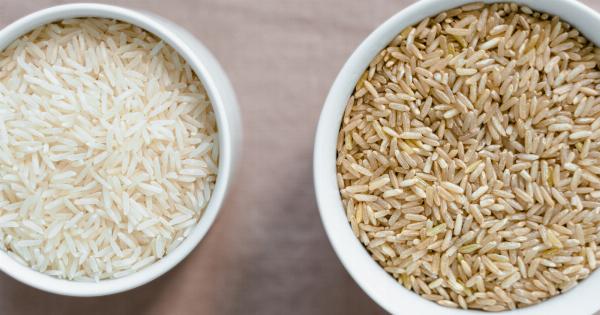Constipation is the discomforting condition of digestive system where an individual bowel movement is less than thrice in a week.
If these movements are difficult to pass, hard, pebble-like, or just small, this condition can lead to lasting digestion problems.
It is essential to cure a person’s constipation to perk up their health and well-being. Here’s a quick guide to help you tackle constipation with a few tips and remedies to relieve it now.
The causes of constipation
There are multiple reasons behind constipation. Some of them include:.
Poor Diet
Individuals who consume a low fiber diet lack the essential nutrients required to bind stools; therefore, the stools turn out to be hard to pass.
Insufficient Fluids
The body demands plenty of fluids to maintain proper hydration, regulate digestion, and bowel movements. Inadequate water intake results in rectal dehydration, therefore producing hard stools that are hard to pass.
Lack of Exercise
Physically active people possess a few digestive tract problems related to constipation than those who aren’t active. Exercise stimulates the digestive system and helps regulate bowel movements.
Insufficient or no exercise is a significant contributor to constipation.
Stressful Lifestyle
Stress disturbs the body’s natural rhythm, which influences body functions such as bowel movements. Individuals with emotional and physical stress are more likely to experience constipation issues.
Medical Conditions
Medical Problems such as Irritable Bowel Syndrome(IBS), colon cancer, diabetes, hypothyroidism, and certain intestinal diseases frequently cause chronic and temporary constipation.
Tips to Relieve constipation
Some lifestyle modifications and home remedies can provide relief from constipation. Below are the tips to relieve constipation:.
1. Include more fiber-rich foods in your diet
Fiber is crucial to prevent constipation. Fiber-rich fruits and vegetables are vital components that regulate digestive health, including bowel movements. Below are some of the high-fiber foods:.
- Apples
- Berries
- Pears
- Stews
- Meat substitutes made from soy
- Beans and other legumes
- Cereals made from whole grains
- Carrots and sweet potatoes
- Whole-wheat pasta
2. Drink plenty of fluids
Fluids are vital in preventing constipation. Regular consumption of water and other liquids helps soften the stools, making them easier to pass. The daily recommended fluid intake is eight 8-ounce cups of water per day.
3. Increase exercise
Regular exercise helps the healthy functioning of the digestive system, reduces the risk of colon cancer, and curbs hormonal fluctuations.
Engage in moderate exercises such as walking, swimming, or cycling for 30 minutes per day to improve bowel movements.
4. Massage the abdominal region
Gently massaging the abdominal area can help with constipation; use the index and middle fingers to massage the colon area in a circular motion. This action can help relieve the stools due to the movement in the digestive tract.
5. Use natural laxatives
Natural laxatives help alleviate constipation as they boost bowel movements to relieve the intestines. Some common natural laxatives include:.
- Castor oil
- Aloe vera juice
- Prunes or prune juice
- Powdered magnesium supplements
- Herbal tea: Senna tea
- Pumpkin seeds or oil
6. Avoid processed foods
Processed foods such as cheese, fast foods, and high-fat and sugary foods should be avoided as they are difficult to digest and can lead to constipation. Alcohol and caffeinated beverages have diuretic properties and can lead to dehydration.
7. Build a routine
It is imperative to build a bowel movement routine. When one wakes up, consumes breakfast, or drinks plenty of fluids, the body naturally responds with a bowel movement.
Take a break during working hours, take a walk, and defecate when the body feels the urge.
When to see a Doctor?
It is essential to visit a doctor if the constipation does not subside with the lifestyle modifications mentioned above. Consult a doctor if you are experiencing one or more of the following symptoms:.
- Severe abdominal pain
- Trouble breathing or nausea
- No improvement in bowel movements
- Blood in stools
In conclusion
Constipation is a prevalent condition that affects individuals of all ages. It is essential to know the causes and remedies to prevent, alleviate, and avoid it. A healthy diet and lifestyle modifications can relieve most constipation issues.
If symptoms persist, seek medical attention.






























